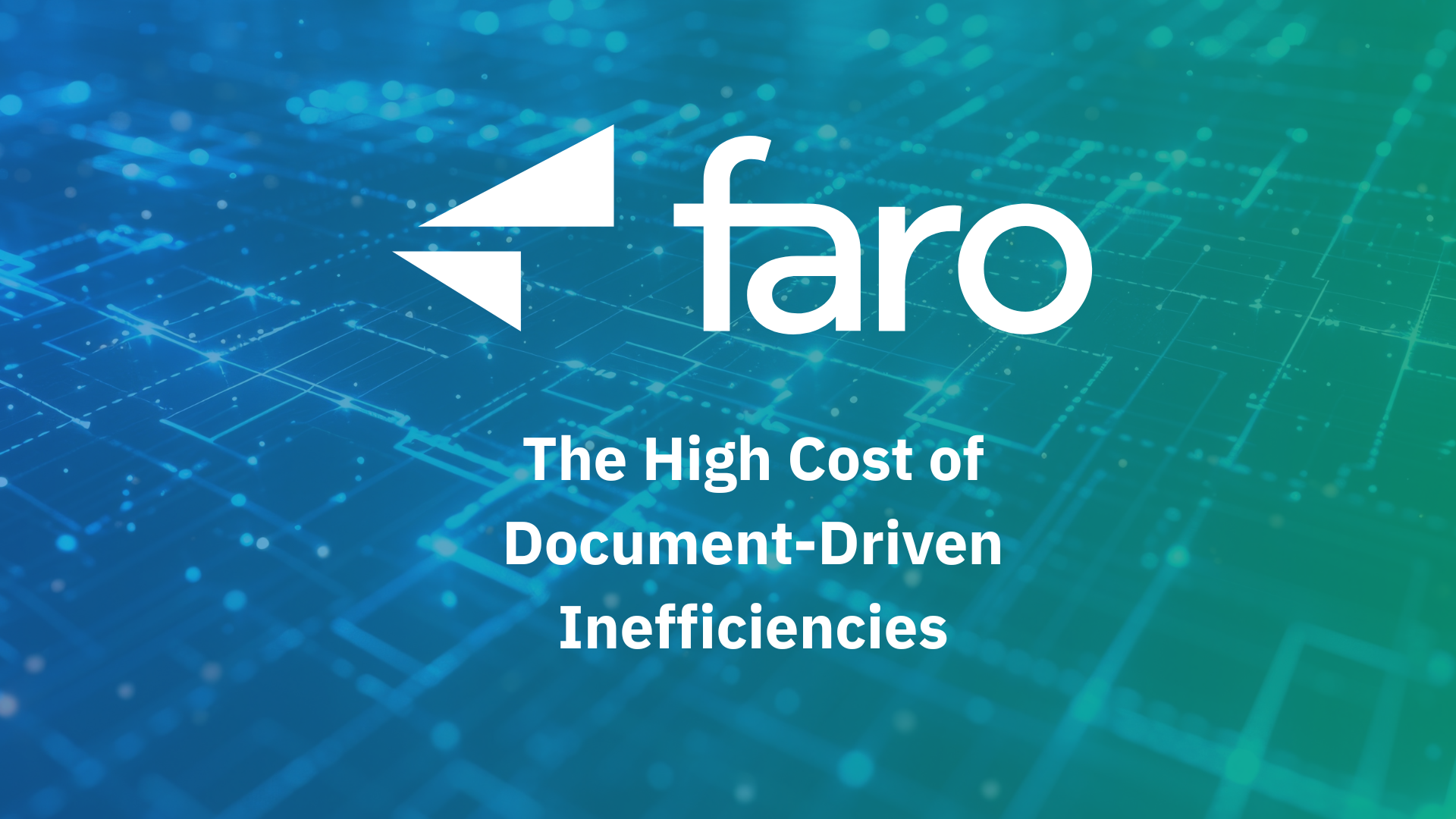The High Cost of Document-Driven Inefficiencies
Clinical trials have long relied on static documents, typically Word files or PDFs, as the basic communication and storage format for clinical protocols. While familiar, this document-based approach introduces several critical issues that hinder speed, accuracy, and innovation:
- Manual Transcription Errors: Data from protocols must be manually entered into various systems, increasing the risk of errors and inconsistencies.
- Delayed Timelines: The lack of standardized data formats leads to redundant efforts and delays in trial initiation.
- Limited Interoperability: Different systems often cannot seamlessly share or interpret protocol data, hindering collaboration and data integration.
These inefficiencies are not just operational headaches—they have substantial financial implications. According to a study by the Tufts Center for the Study of Drug Development, the average direct cost to conduct a clinical trial per day is approximately $40,000, with Phase III trials reaching up to $55,716 per day, and each day of delay in bringing a drug to market can result in approximately $500,000 in unrealized or lost prescription drug sales. Moreover, a single amendment in a Phase III protocol can cost upwards of $500,000 itself, before the cost of lost revenue.
From Documents to Data: Why Protocol Digitization Matters
As clinical trials grow more complex, the shortcomings of static documents are magnified. According to research from Tufts CSDD:
- Longer Durations: Phase III trials now average nearly 40 months, up from 26.8 months in 2008.
- Increased Amendments: 82% of Phase III studies now experience at least one major protocol amendment.
- Data Overload: The number of data points collected has ballooned from under 500,000 in 2005 to over 3.4 million in 2020.
This level of complexity demands a new, data-driven approach to protocol design and management.
Embracing Protocol Digitization: The Role of USDM and DDF
To address these challenges, the industry is moving towards digitizing clinical trial protocols. TransCelerate’s Digital Data Flow (DDF) initiative, in collaboration with CDISC, has developed the Unified Study Definitions Model (USDM), a standardized, machine-readable model for representing protocol information.
These standards enable automation, reduce manual work, and ensure protocol data flows seamlessly between systems.
Faro Health: Enabling Scalable Protocol Digitization
At Faro Health, we help clinical development teams operationalize protocol digitization. Our platform is built to support USDM standards from the ground up, enabling:
- Accelerated Study Start-Up: By automating data transfer from the protocol to downstream systems like EDC.
- Improved Data Quality: With fewer discrepancies thanks to structured, validated inputs.
- Seamless Collaboration: Across sponsors, CROs, sites, and regulators.
- Regulatory Compliance: Through consistent, machine-readable formats aligned with regulatory expectations.
- AI-Readiness: Through structured and machine-readable protocol data that lays the foundation for advanced analytics and artificial intelligence applications and automation.
A Strategic Imperative: Future-Proofing Clinical Trials Through DigitizationAs the industry continues to embrace digital transformation, the integration of protocol digitization into broader clinical development processes is inevitable. The momentum toward protocol digitization is clear in recent major advances in not only industry standards, but also the available technology that operationalizes these standards.
More and more sponsors are realizing that digitizing clinical trial protocols isn’t just a technical upgrade—it’s a strategic imperative for accelerating innovation. By moving from static documents to dynamic, standardized models, organizations can eliminate costly inefficiencies and design smarter, more intelligent studies.
Faro Health is proud to be at the forefront of this transformation. Our platform empowers teams to adopt DDF and USDM standards at scale, enabling better outcomes for sponsors, sites, and, most importantly, patients.
Interested in digitizing your protocol process? Let’s talk.
¹ https://www.appliedclinicaltrialsonline.com/view/how-much-does-a-day-of-delay-in-a-clinical-trial-really-cost-?utm_source=chatgpt.com
² Getz KA, Stergiopoulos S, Short M, Surgeon L, Krauss R, Pretorius S, Desmond J, Dunn D. The Impact of Protocol Amendments on Clinical Trial Performance and Cost. Ther Innov Regul Sci. 2016 Jul;50(4):436-441. doi: 10.1177/2168479016632271. PMID: 30227022.






